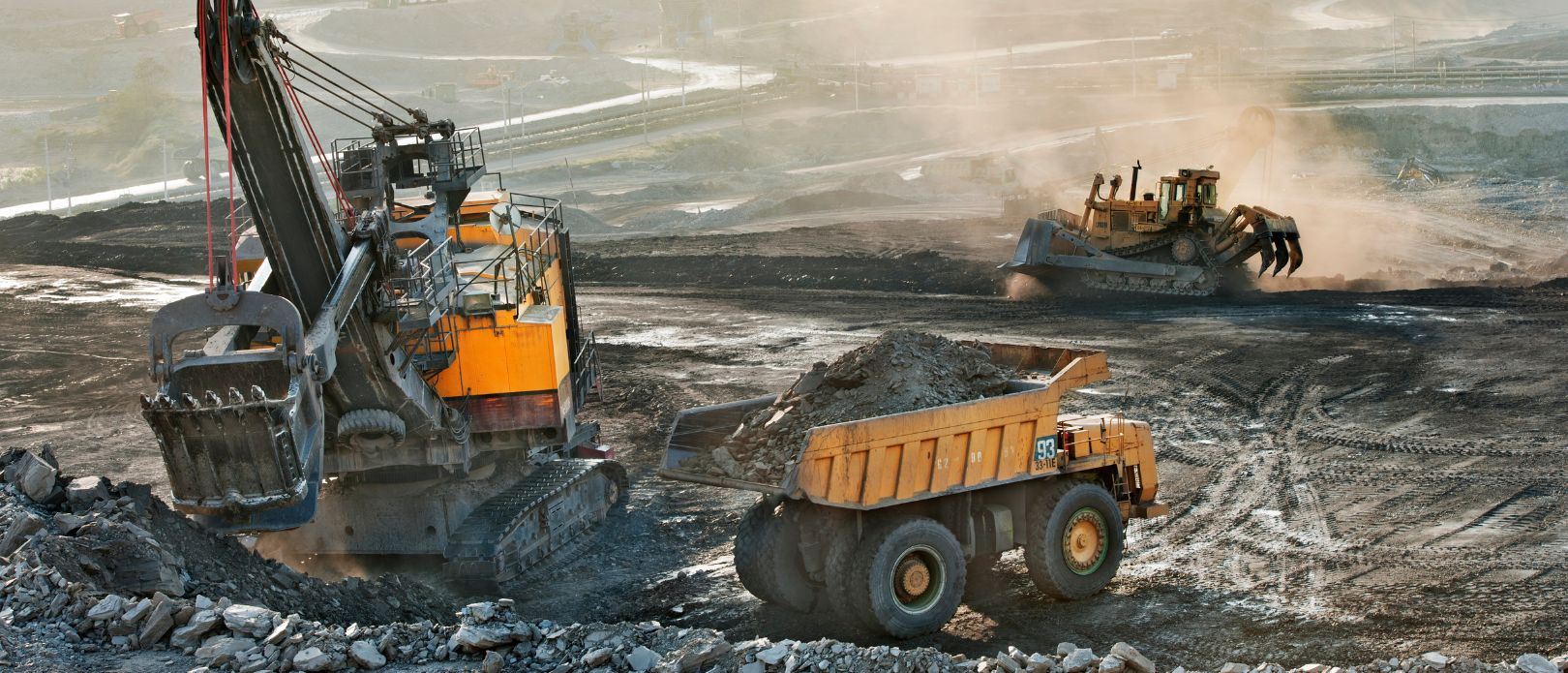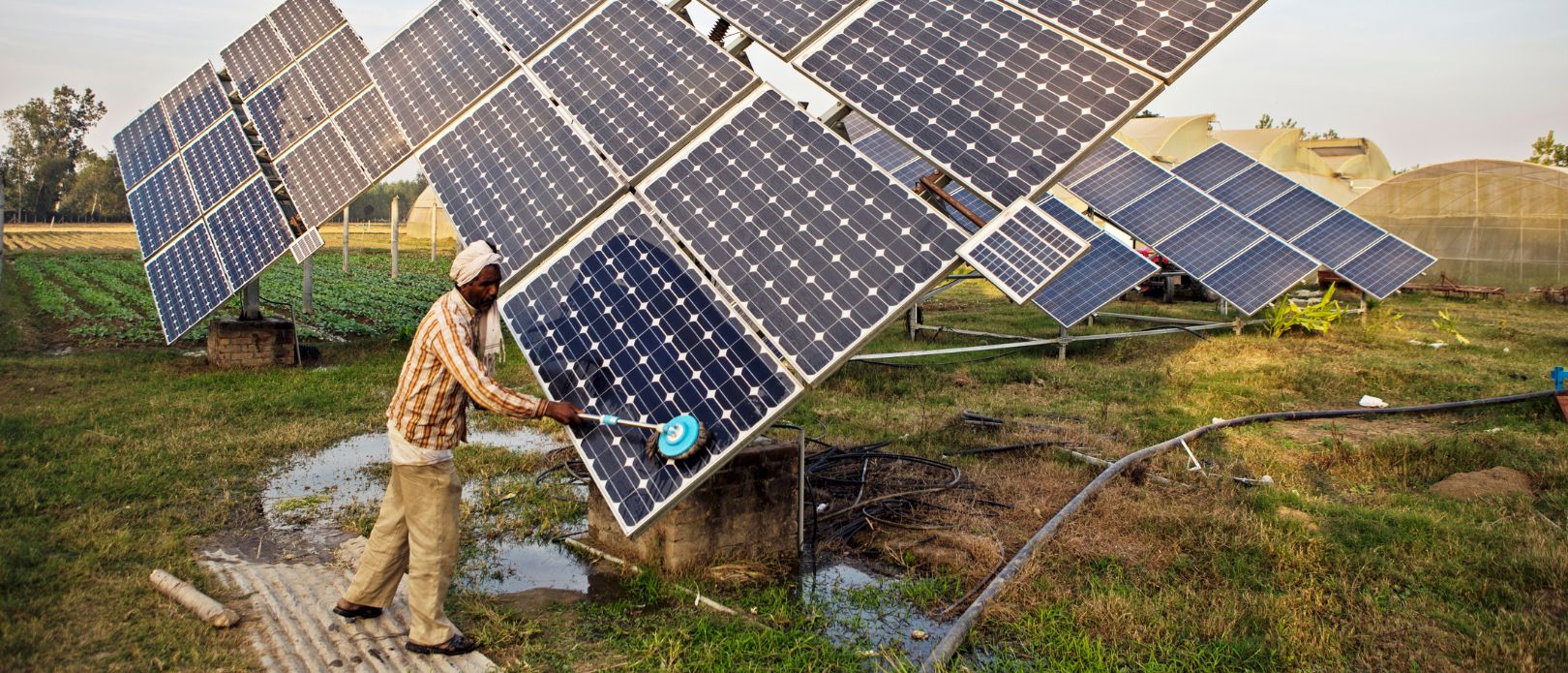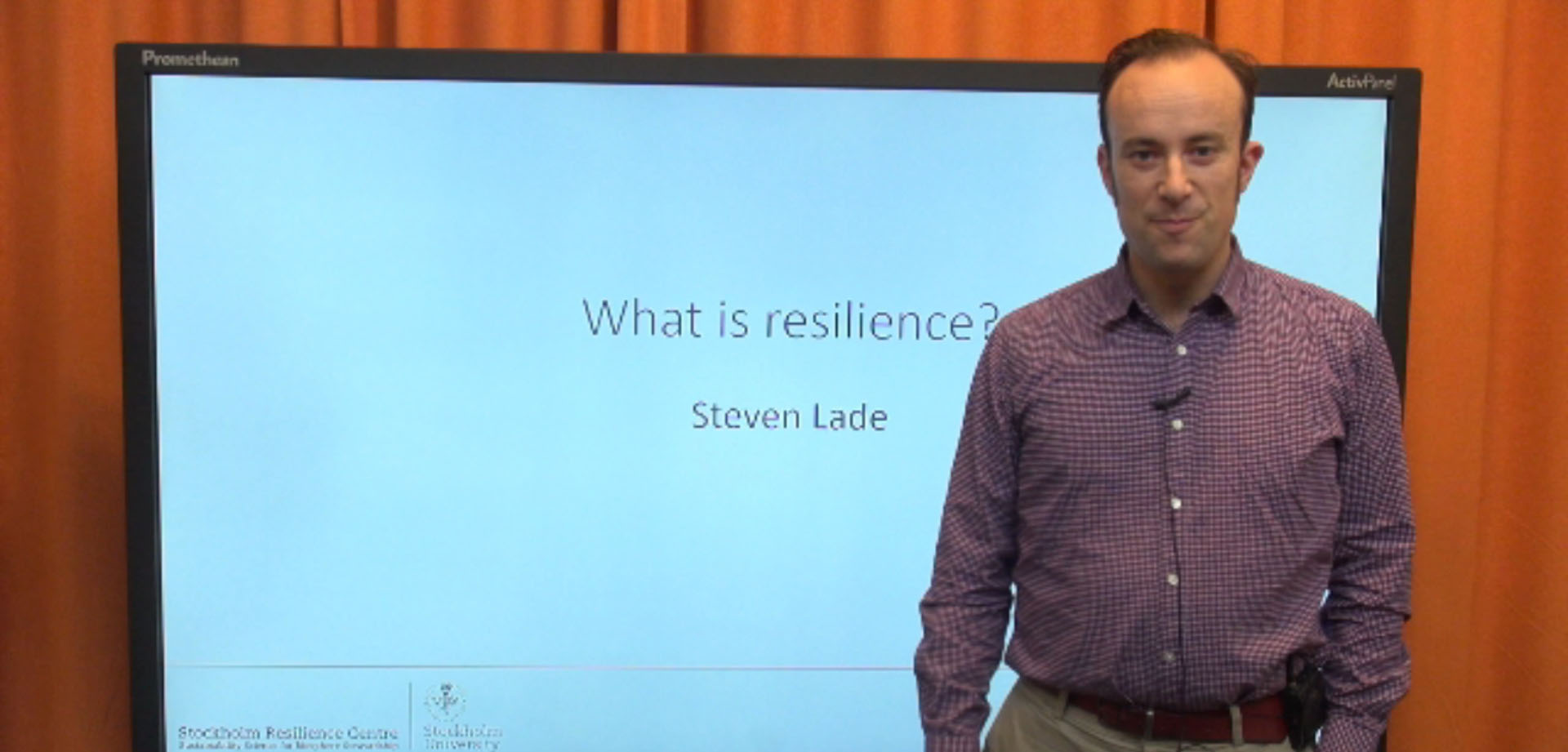- Complex systems theory
- Dynamical systems theory
- Social-ecological modelling
- Planetary boundaries
- Poverty traps
- Fisheries
Steve Lade models the resilience of social-ecological systems, on scales from agricultural communities to the planet
Lade’s research at the Stockholm Resilience Centre applies theoretical modelling tools, such as dynamical systems theory and network theory, to the study of social-ecological systems. His work spans across fisheries, agriculture, water resources and the Earth system.
Lade is theme leader for cross-theme collaboration at the SRC. He is also Science Lead at the Earth Commission secretariat, hosted by Future Earth.
He co-leads the course ‘Introduction to Sustainability Science’ and lectures in other SRC courses and modules.
Lade holds a PhD in Theoretical Physics from the Australian National University (2007-2010). He worked as a postdoctoral researcher at the Max Planck Institute for the Physics of Complex Systems (2010-2012), before starting as a researcher at the Stockholm Resilience Centre at in 2012. Since 2021, he is also an ARC Future Fellow at the Australian National University.
Lade is Science Lead at the Earth Commission, which is a part of the Global Commons Alliance (GCA). The GCA’s mission is to empower citizens, cities, companies and countries to become stewards of our global commons.
Lade is also a member of the editorial board at the journal Ecology & Society and is a Resilience Alliance Young Scholar.
Awards and achievements
- Developed a dynamic social-ecological model of an empirical case, the Baltic Sea fishery
- Contributed to fundamental theory on the consequences of coupling between social and ecological systems on regime shifts
- Extended conventional poverty trap models, with the intention of triggering a step change in research and policy on poverty and its alleviation
- Used a feedback model to highlight the importance of biodiversity in climate change mitigation
Current funding
- Earth Commission (Future Earth Sweden)
- The futures of reef services in the Anthropocene (REEF-FUTURES) (Biodiversa and Swedish Research Council Formas)
- The Economics of Planetary Boundaries (Swedish Research Council Formas)
- Science in action: intersecting pathways to the SDGs across scales in the drylands (XPaths) (Swedish Research Council Formas)
Key publications
SJ Lade, W Steffen, W de Vries, S Carpenter, JF Donges, D Gerten, H Hoff, T Newbold, K Richardson, J Rockström (2020), Human impacts on planetary boundaries amplified by Earth system interactions, Nature Sustainability 3(2), 119-128
SJ Lade, I Fetzer, S Cornell, B Crona (2021), A prototype Earth system impact metric that accounts for cross-scale interactions, Environmental Research Letters 16, 11500
SJ Lade*, LJ Haider*, G Engström, M Schlüter (2017), Resilience offers escape from trapped thinking on poverty alleviation, Science Advances 3(5), e1603043
W Steffen, J Rockström, K Richardson, TM Lenton, C Folke, D Liverman, CP Summerhayes, AD Barnosky, SE Cornell, M Crucifix, JF Donges, I Fetzer, SJ Lade, M Scheffer, R Winkelmann, HJ Schellnhuber (2018), Trajectories of the Earth System in the Anthropocene, Proceedings of the National Academy of Sciences 115 (33), 8252-8259
SJ Lade, S Niiranen, J Hentati-Sundberg, T Blenckner, WJ Boonstra, K Orach, MF Quaas, H Österblom and M Schlüter (2015), An empirical model of the Baltic Sea reveals the importance of social dynamics for ecological regime shifts, Proceedings of the National Academy of Sciences 112(35), 11120-11125
*joint first authors






